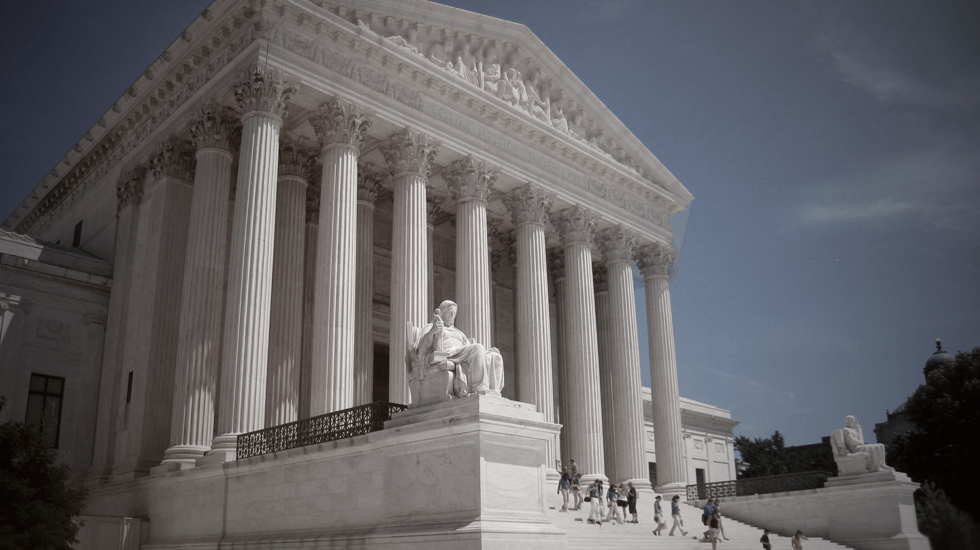The U.S. Supreme Court heard arguments and sought answers from lawyers on Tuesday regarding whether Congress and federal prosecutors in New York can examine President Trump’s financial and tax records without his permission.
And thanks to the coronavirus, anyone could listen in. The Covis-19 pandemic forced the justices to self-isolate, and the audio of their 3-hour conference call was available on TV, radio and online.
It was one of the biggest days of Trump’s volatile presidency, with more to come in the months ahead.
The arguments involved subpoenas in three court cases, some issued by congressional committees, one by a New York grand jury in a criminal case.
Justice Elena Kagan said Trump’s resistance to releasing the documents was like asking the court to put a “10-ton weight on the scales” between the president and Congress, making it “impossible for Congress to conduct oversight.”
“President Trump has taken such an uncompromising position that if he wins, it greatly diminishes the power of Congress to conduct oversight,” said New York Times White House correspondent Peter Baker during real-time commentary on the SCOTUS arguments.
Congress’s oversight authority over presidential actions comes from its “implied” powers in the Constitution, along with public laws, and House and Senate rules. It is an integral part of the American system of checks and balances.
One major focus for the justices was on whether sitting presidents are literally above the law. One lawmaker who did not take part in Tuesday’s proceedings expressed his strong opinion on that.
“The law is crystal clear and no dog catcher, public official or President is above it,” wrote Rep. Bill Pascrell (D-NJ) in a statement issued before the court proceedings began. Pascrell said in a statement.
He added that “the American people have a right to know if their chief executive is a crook and they have been denied long enough.”
Pascrell’s use of the word “crook” brought to mind Richard Nixon, who famously declared, “I am not a crook” — before resigning from office in 1974 to avoid being impeached for the Watergate scandal.
The subpoenas do not actually seek information from Trump himself, but from Deutche Bank and other financial institutions and accounting firms that handled both his business and personal transactions.
When House General Counsel Douglas Letter pointed out that the subpoenas seek documents only from such third parties, Justice Clarence Thomas scoffed.
“I think we all know it’s about the president,” Thomas said.
Trump’s argument — and that of his lawyers — is that sitting presidents are immune from being forced to comply with such subpoenas.
“Letter said there is a long history of presidents, including George Washington, Andrew Jackson and James Buchanan, responding to requests for information from Congress, sometimes voluntarily and sometimes involuntarily,” says the Washington Post.
It’s worth noting that in 2014, before launching his campaign, Trump promised to release his tax returns: “If I decide to run for office, I’ll produce my tax returns, absolutely,” he said.
Instead, the president has fought tooth and nail to keep details of his wealth, income and financial dealings out of the public eye, where they would almost certainly wind up, if even one of the subpoenas is approved by the high court.
Chief Justice John G. Roberts Jr. opened Tuesday’s questioning by asking Trump lawyer Patrick Strawbridge whether there are any circumstances under which Congress can subpoena the personal papers of presidents while they are in office.
Strawbridge urged the court to deny the Democratic-led House committees “the blank check they seek” to examine Trump’s tax and business records.
The high court is not expected to rule on the subpoenas before June or July.



